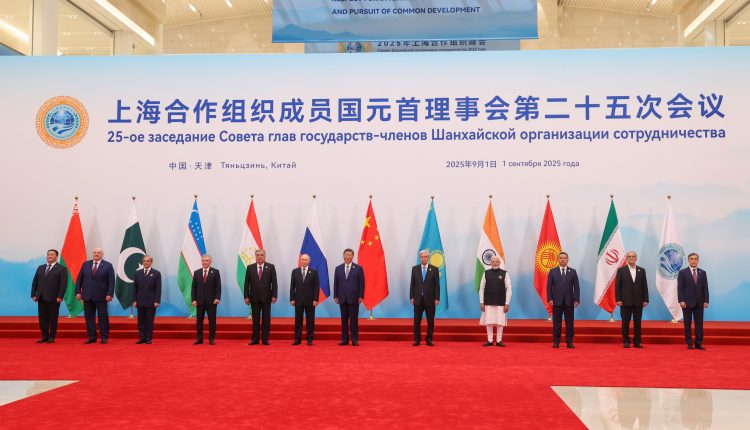SCO Leaders Affirm Vision for Multipolar World, Security, and Development at Tianjin Summit
The top leaders of the Shanghai Cooperation Organisation (SCO) member states convened in Tianjin, China, and signed a far-reaching declaration focused on adapting to a changing world order, strengthening security and economic cooperation, and reaffirming the SCO's growing role as a stabilizing force in Eurasia.
Call for Multipolarity and UN Reforms
Against a backdrop of global geopolitical tension and economic turmoil, the declaration emphasizes the growing need for a just, equitable, and multipolar world order. SCO leaders highlighted the 80th anniversaries of both the end of World War II and the founding of the United Nations (UN), calling for the preservation of historical memory and lessons learned from conflict. The statement voices strong support for UN-centric international law, but urges reform to better represent developing countries in the UN’s leadership structures.
Commitment to Sovereignty, Dialogue, and Security
Member states underscored their adherence to the principles of sovereignty, non-interference, and respect for territorial integrity. The declaration states that mutual trust, consultation, and cultural diversity—hallmarks of the “Shanghai Spirit”—will remain central to deepening cooperation. The SCO positions itself as an engine for equal and indivisible security architecture in Eurasia, rejecting bloc confrontations.
Fighting Terrorism and New Security Threats
SCO members pledged to intensify the joint fight against terrorism, separatism, extremism, and transnational crime. The Tianjin Declaration announces the formation of a Universal Centre for Countering Challenges and Threats, and an Anti-Drug Centre. Recent terrorist attacks in the region, including in Pahalgam and Pakistan, were strongly condemned, with calls to bring perpetrators to justice and no tolerance for double standards in fighting terrorism.
Regional and International Diplomacy
The declaration voices deep concern about the humanitarian situation in Gaza and condemns military strikes against Iran by Israel and the United States. On Afghanistan, the SCO calls for an inclusive government representing all ethnic and political groups, and pledges support for international efforts towards peace and development.
Economic Integration and Connectivity
SCO leaders highlighted the importance of fair, open trade and economic integration across Eurasia, reiterating opposition to unilateral economic sanctions and supporting reform of international financial and trading institutions. New cooperative steps include support for China’s Belt and Road Initiative, e-commerce development, energy security, trans-Eurasian rail expansion, and streamlined customs procedures. The group advanced plans for a SCO Development Bank and deepened talks on using national currencies in mutual trade.
Digital, Scientific, and Environmental Cooperation
Member states called for collective action to close the digital divide, advance scientific R&D and artificial intelligence, and protect cyberspace from militarization. Awareness for sustainable development, food and energy security, environmental protection, and innovation in waste management figure prominently in the new 2035 SCO Development Strategy. The group is moving ahead with coordinated efforts in agriculture, climate action, glacier conservation, and green industry.
People-to-People Ties
The declaration welcomes stronger ties in education, culture, tourism, public health, and youth exchange. Nations pledged to combat discrimination, protect women’s and children’s rights, and further women’s associations and regular forums. Sporting and cultural events will expand across the region as the SCO celebrates 25 years in 2026.
Expanded Partnerships
The SCO announced new partnerships, merging observer and dialogue statuses, and granting Lao PDR dialogue partner status. Leadership of the grouping handed over to the Kyrgyz Republic for its 25th anniversary under the banner: “Together Towards Sustainable Peace, Development, and Prosperity.”
Background:
The SCO—currently comprising Belarus, China, India, Iran, Kazakhstan, Kyrgyzstan, Pakistan, Russia, Tajikistan, and Uzbekistan—continues to solidify its presence as a major political, economic, and security alliance in Eurasia. This year’s Tianjin Declaration serves as a roadmap for expanded influence, unity, and cooperation amid global uncertainty.


Comments are closed.